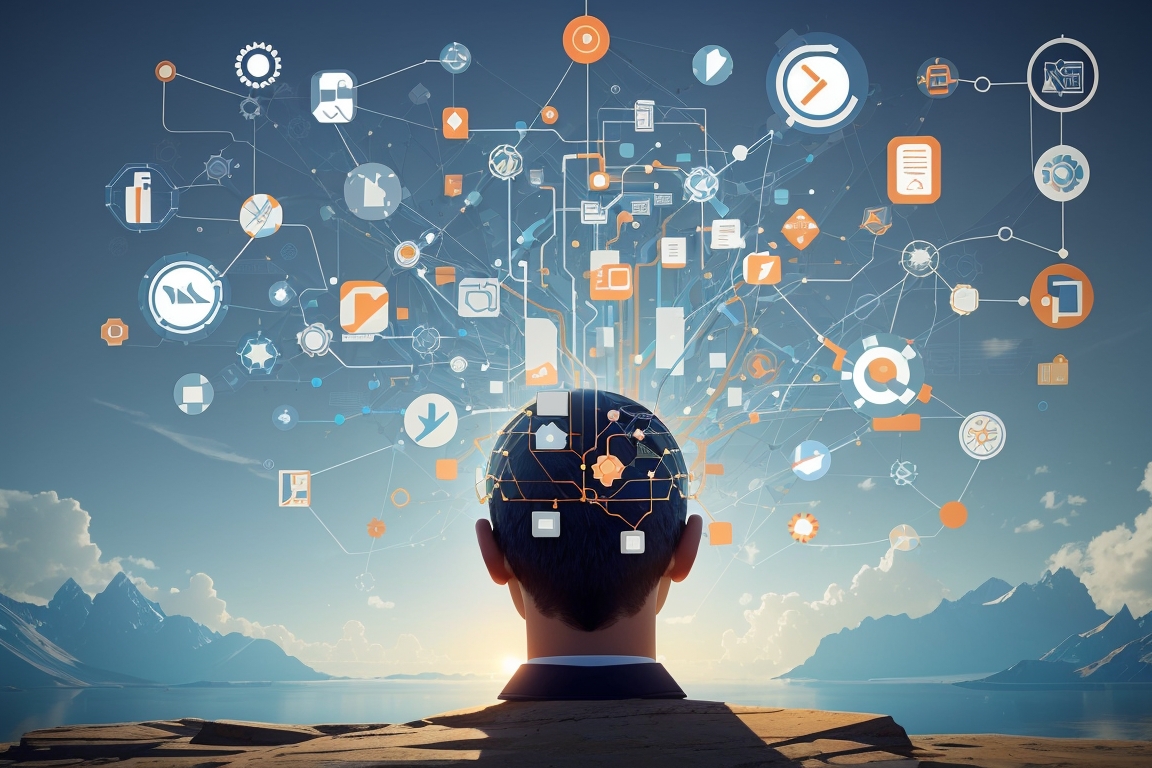Introduction: Artificial Intelligence (AI) has made significant advancements in recent years, impacting various industries. Among these advancements is ChatGPT, a cutting-edge AI model developed by OpenAI. ChatGPT is known for its ability to engage in realistic and meaningful conversations with users, making it a game-changer in the field of AI conversation. In this article, we will explore what makes ChatGPT so special and its impact on the fascinating world of AI conversation.
1. Natural Language Processing at its Finest
ChatGPT utilizes advanced Natural Language Processing (NLP) techniques to understand and generate human-like responses. It is trained on a massive dataset consisting of a wide range of text sources, enabling it to grasp the nuances of language and context. This allows ChatGPT to respond intelligently and naturally to user inputs, creating a conversational experience that is eerily close to interacting with a human.
2. Versatility and Adaptability
One of the key distinguishing features of ChatGPT is its versatility and adaptability. It can handle a broad array of conversational topics and adapts its responses based on user inputs. Whether it’s discussing general knowledge, answering specific questions, or even engaging in creative storytelling, ChatGPT is adept at keeping the conversation flowing smoothly and naturally.
3. Continuous Learning and Improvement
ChatGPT is constantly learning and improving through a process called Reinforcement Learning from Human Feedback (RLHF). OpenAI uses a two-step approach in which initially, human AI trainers provide conversations, both playing the role of the user and the AI assistant. These trainers also have access to model-written suggestions to assist them in composing responses. In the second step, comparison data is collected where multiple model responses are ranked by quality. This data is then used to fine-tune ChatGPT, enabling it to generate responses that are more accurate, relevant, and reliable.
4. Ethical Guidelines and Safety Measures
OpenAI has taken significant steps to ensure the ethical use and safety of ChatGPT. They have implemented safety mitigations and constraints to reduce the chances of generating harmful or inappropriate content. However, as the model is trained on user-provided internet text, there is still room for errors and the generation of misleading or biased information. OpenAI encourages user feedback to improve these aspects and is actively working on addressing these concerns.
5. Applications in Various Industries
ChatGPT’s capabilities have vast potential across a range of industries. In customer service, it can offer personalized and efficient support, handling a high volume of inquiries with minimal human intervention. The education sector can benefit from ChatGPT as it can provide interactive and adaptive learning experiences. Moreover, ChatGPT can be utilized in content creation, virtual assistants, and even entertainment, revolutionizing the way we interact with AI systems.
6. Limitations and Future Developments
While ChatGPT showcases remarkable advancements, it still has its limitations. It may sometimes provide incorrect or nonsensical answers, and its responses can be sensitive to slight modifications in input phrasing. OpenAI is actively working on addressing these limitations and aims to make continuous improvements to enhance the model’s capabilities and ensure it aligns with user expectations.
Conclusion: ChatGPT represents a significant milestone in AI conversation, pushing the boundaries of what is possible in terms of human-like interaction with machines. Its natural language processing abilities, versatility, and continuous learning capabilities make it a remarkable AI model. As ChatGPT evolves and safety measures improve, there is no doubt that it will continue to make waves in the fascinating world of AI conversation, revolutionizing the way we interact with AI systems, and opening up new possibilities for various industries.
